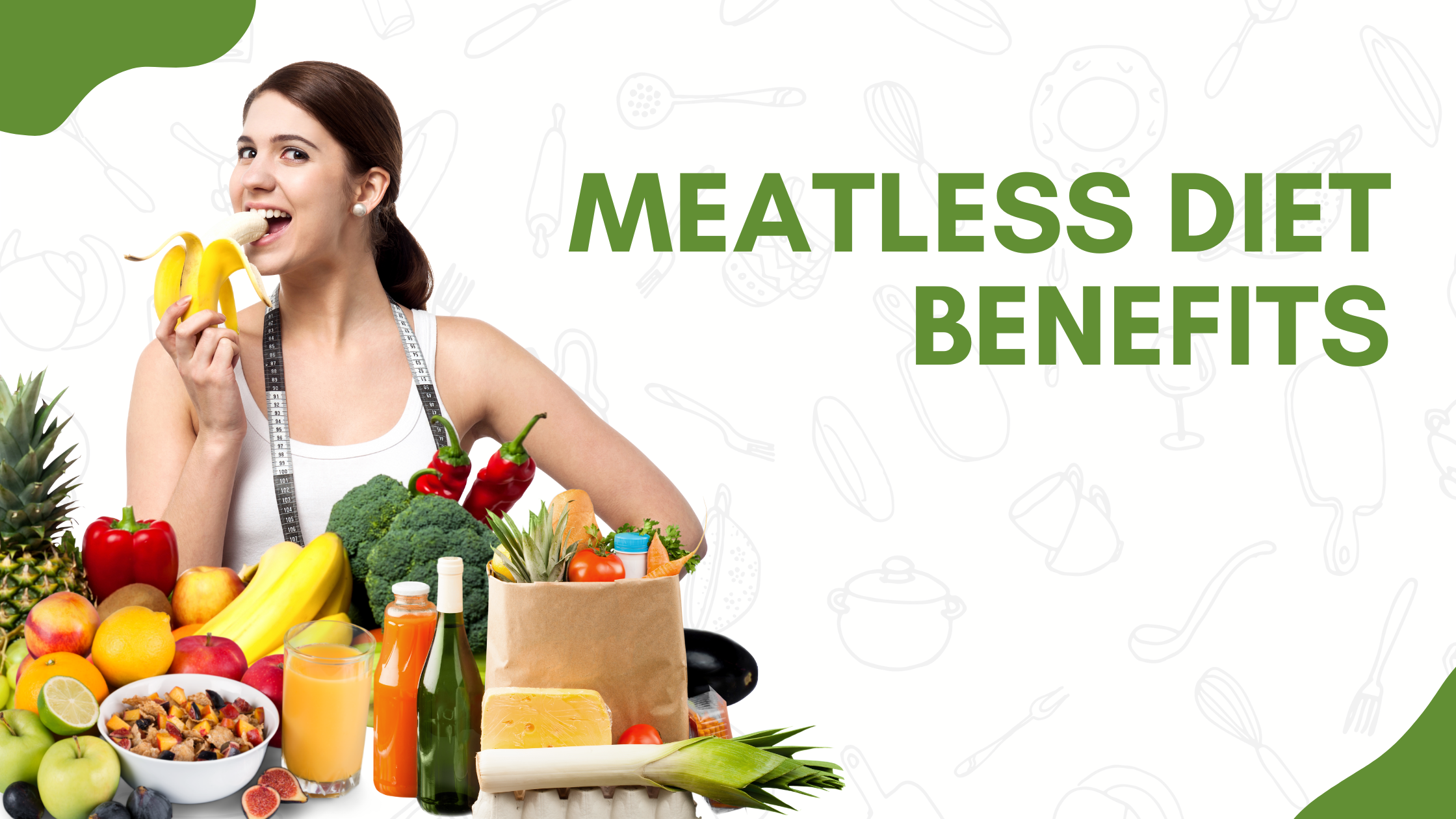
A meatless diet, also known as a vegetarian or vegan diet, is becoming increasingly popular for ethical, health, and environmental reasons. Here are seven benefits of a meatless diet:
Better for the environment
Meat production has a significant impact on the environment. Livestock farming is responsible for a large amount of greenhouse gas emissions, deforestation, water usage, and soil erosion. By choosing to eat a meatless diet, you can help reduce your carbon footprint and contribute to a healthier planet.
Lower risk of heart disease
Meat is high in saturated fat and cholesterol, which can increase your risk of heart disease. Studies have shown that a vegetarian or vegan diet can help lower blood pressure, cholesterol levels, and the risk of heart disease.
Weight management
Meat is often high in calories and fat, which can lead to weight gain. A meatless diet, on the other hand, tends to be lower in calories and higher in fiber, which can help you maintain a healthy weight.
Reduced risk of cancer
Several studies have found that a vegetarian or vegan diet can reduce the risk of certain types of cancer, such as colon, breast, and prostate cancer. This is thought to be because plant-based diets are high in antioxidants, which can protect against cancer.
Improved digestion
A meatless diet can help improve digestion by increasing the intake of fiber and reducing the intake of processed foods. This can lead to improved gut health, which can help prevent digestive issues such as constipation and bloating.
Lower risk of type 2 diabetes
Meat consumption has been linked to an increased risk of type 2 diabetes. Plant-based diets, on the other hand, can improve insulin sensitivity and help prevent or manage type 2 diabetes.
Ethical considerations
Many people choose to follow a meatless diet for ethical reasons, such as concerns for animal welfare. By choosing not to eat meat, you can help reduce the demand for factory farming and the suffering of animals.
Overall, a meatless diet can provide numerous health, environmental, and ethical benefits. If you’re considering making the switch, it’s important to make sure you’re still getting all the necessary nutrients in your diet, such as protein, iron, and vitamin B12. Consult with a registered dietitian or healthcare provider for guidance.
Look, I don’t expect many of you to go meatless 100% and myself included as I love meat, but I do want to teach how to get proteins from plants and overall eat less meat. Balance is the goal with everything in life so let’s eat lots of plants and moderate our meat consumption.



























